Category: Cornucopia
-
The Glory of God is (Not-Too-Much) Intelligence
In a recent facebook thread (sparked by this post at Patheos), commenters have been talking about intellect and Mormonism. That conversation helped crystallize some thoughts that have been percolating in my mind for a while, about how the LDS community has a complicated and sometimes conflicted discourse about the importance of intelligence, intellect, and education…
-

Two Nuns Walk Into A Church
Almost 7, in the village church of Kernascléden, in the heart of Brittany, which is the heart of Catholicism in France. The sign on the door says Vespers are at 7, just like they are every night, even tonight, July 14, when most people in France are singing the Marseillaise instead of the Gloria. I…
-
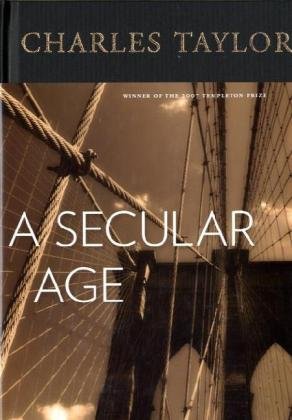
Faith Crisis in a Secular Age: We’re All Thomas Now
The principle behind Mathew 10:34 (“Think not that I am come to send peace on earth: I came not to send peace, but a sword”) is not that Jesus came to foster contention (see, e.g., 3 Nehi 11:29), but that the presence of the Savior forces people to make decisions. C. S. Lewis’s trilemma is an…
-
Mythbusters: The Kneeling Camel Edition
A good portion of the next RS/PH lesson concerns the story where Jesus states that it is easier for a camel to go through the eye of a needle than for a rich person to enter God’s kingdom.
-

A Mormon Moment in Mali?
Many Mormons in Utah are aware of the fact that a converted Mormon is running for president in Mali. Indeed, Yeah Samake, an important social entrepreneur in Mali, joined the Church in 2000 while studying at the BYU, and indeed he has registered as a candidate for the upcoming presidential elections in 28 July 2013.…
-
I’m not sorry
The problem with repenting is that it is not just an intellectual exercise. It’s emotional. To repent, one must feel penitent. But how can you repent when you don’t feel like repenting?
-
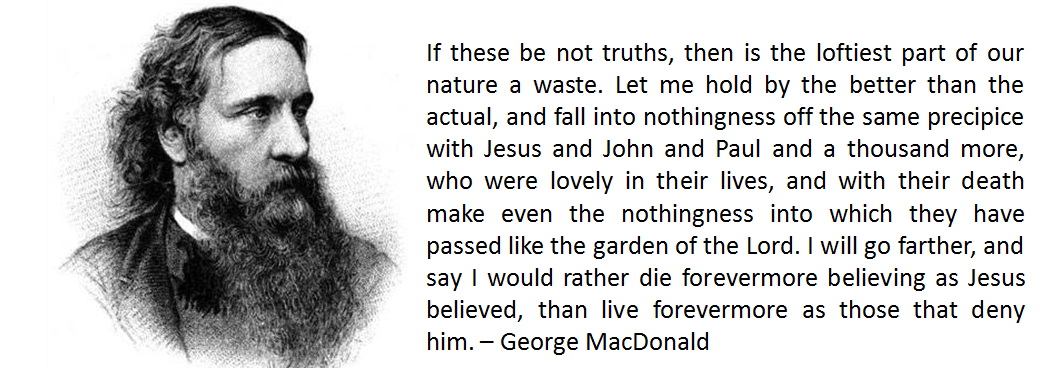
Free Will, Existence, and the Uncreated
I’ve written about theology before for Times And Seasons, but I haven’t actually done very much theology here or elsewhere in public. I have two reasons for finally taking the plunge. The first is selfish: I don’t think my ideas are going to get any better closeted in my own head. No one who creates really…
-
We’re not equal
God may be no respecter of persons, but everyone else is. We’re not equal, and the roles we fulfill in the church are not equal, so stop saying they are.
-
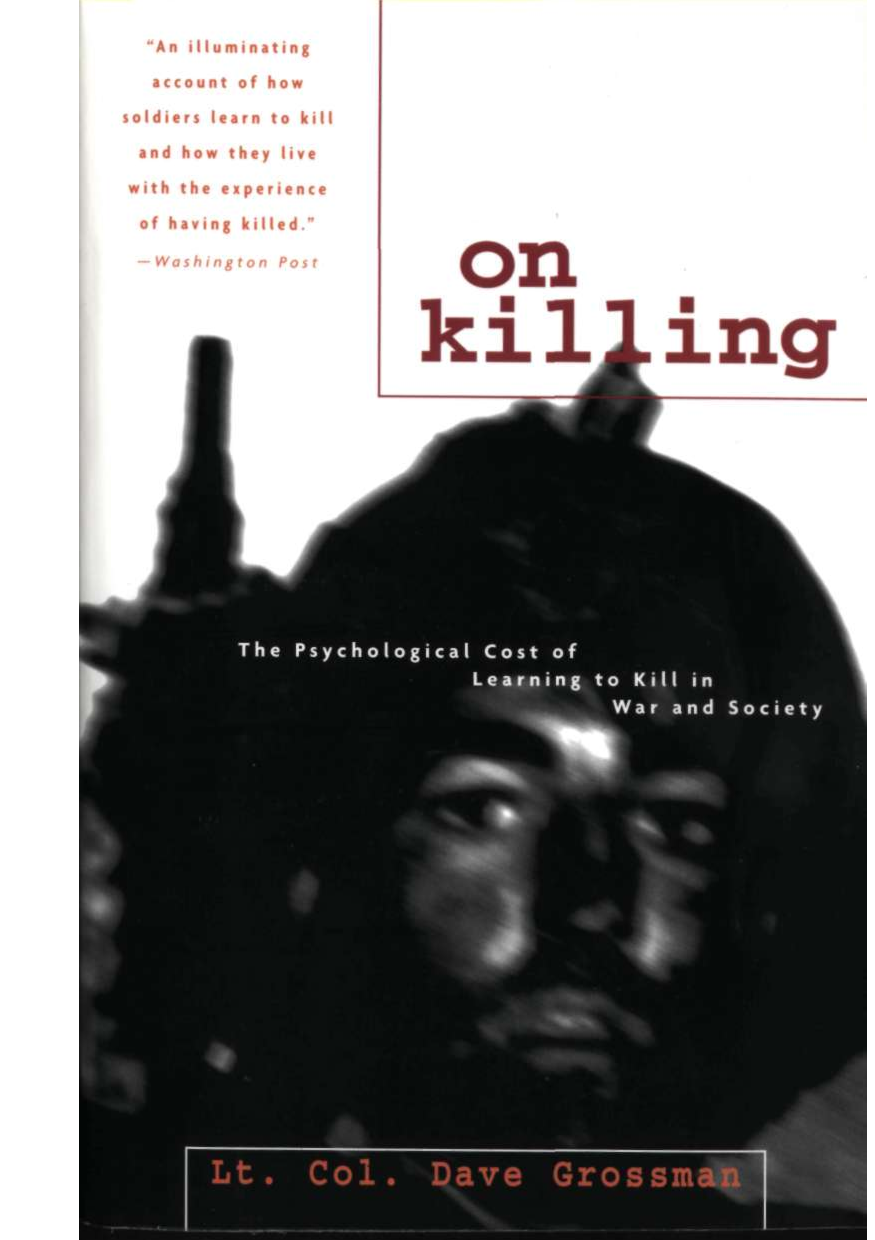
Mormonism and Embodiment: Learning from Killing
This week I finished reading On Killing: The Psychological Cost of Learning to Kill in War in Society, but I knew I would be writing about the book on Times And Seasons long before I finished it. Despite the seemingly narrow focus of the title, On Killing has broad and sweeping implications for understanding human…
-
Quick Reminder about Google Reader
Tonight at midnight, Google Reader will officially turn into a pumpkin. If you’ve been reading Times and Seasons (or any other blogs) with Google Reader, you should set up your transition before the end of the day today (if you haven’t already done so). There are a variety of popular alternatives available, and many of…
-
Separation of Marriage and State?
Mormons have this fascinating relationship with America and Americanness. On the one hand, we often seem to be among the most American of Americans. Mitt Romney’s problem as a presidential candidate was not that he was weird, but that he was too normal (in a white, 1950s kind of way). To the extent that people…
-
The aporias of the meethinghouse library
One of the rare privileges of being Sunday School President in a Mormon congregation – second only to holding the keys for sounding the bells to end class on the hour – is the occasional opportunity to fill in for the meetinghouse librarian.
-
Good News: I Was Wrong (Sort Of)
It looks like the people of California have not been disenfranchised nearly as much as I was concerned about in my post yesterday. They have been disenfranchised at the federal level, but not at the state level. In its decision yesterday, the Supreme Court nullified the ruling of the (federal) Ninth Circuit that Prop 8…
-
Democracy at the Discretion of the State
The Supreme Court of the United States of America today informed us that the people are no longer in charge of this country. The Declaration of Independence states that governments derive “their just powers by the consent of the governed.” In the spirit of that principle, 26 states, and many city and local governments, allow…
-
SMPT at Utah Valley University, Oct. 31-Nov. 2
The Society for Mormon Philosophy and Theology’s 2013 conference will be held at Utah Valley University, October 31-November 2, with the theme, “The Atonement.” Here is the theme description and submission instructions from the call for papers (PDF). Call for Papers: “The Atonement” The Society for Mormon Philosophy and Theology invites paper proposals on any…
-

Reconciling Modesty with Feminism
Some folks enjoy poking a hornet’s nest, but just writing that title has me quoting Shakespeare in my head: “Once more into the breach, dear friends, once more.” I’m going to go ahead, however, because even though I may be about as welcome in most feminist circles as Feminists for Life (or as my friends…
-
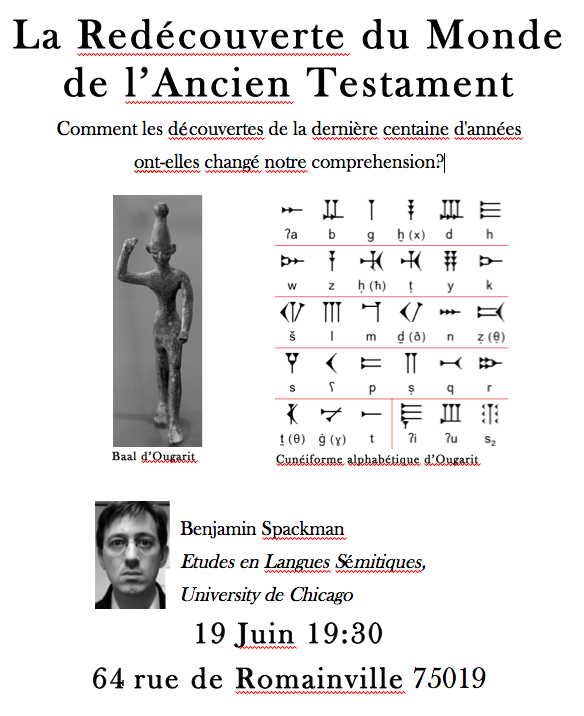
“Rediscovering the World of the Old Testament”- A Report
As noted a few weeks ago, I gave my first of three lectures last night, on the Rediscovery of the World of the Old Testament. It was open to the public, and although several groups of an inter-religious nature were invited (apparently the local ward has had some contacts and activities with them before),…
-
No. Not maybe. Not “We’ll see. I think I can do that.” Just no.
No. Thank you, I will not commit to doing that. No. That makes me uncomfortable. No. I wouldn’t have time to do that well and still meet my other obligations in a satisfactory manner. No. I don’t have the skills necessary to do that job. No. I’m pretty sure I’m just not going to do…
-
Firing professors, June 1993. A personal view.
Twenty years ago, I held up one half of the largest sign at a student protest in response to the non-renewals of two BYU professors.
-

The Great Expectations of Mormonism
I’m going to wander a little farther from familiar territory in this post. I hope you’ll willingly entertain some speculation and tentative analysis about the institutional nature of the Church in a changing society and indulge my focus primarily on American culture. I’m interested to see what others make of these ideas. First, only institutions…
-
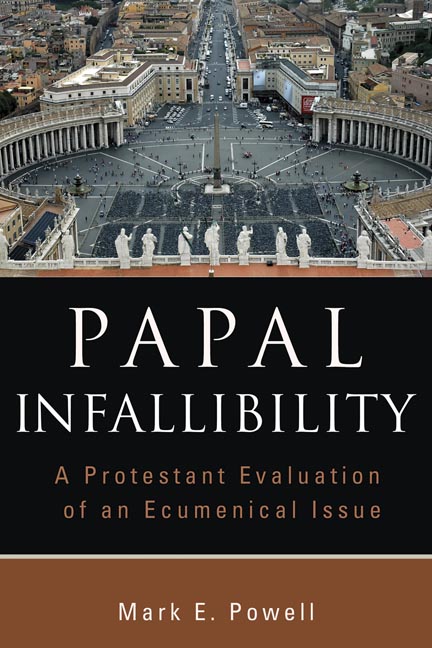
And shall not lead astray: the Church and ‘infallibility’
As Mormons we follow the prophet, we proclaim, lifting our right hand at many Church occasions, for ‘he shall not lead us astray’. Quite a few General Conference talks urge us to heed the words of the Lord’s anointed, to follow his counsel as the true Iron Rod for our ecclesiastical lives. ‘When the prophet…
-

Get with the program
For members and visitors alike, that little sheet of cheap white copy paper is invaluable when they need it. But usually, they don’t.
-

Don’t Debate the Trinity
Against my better judgment, and to the detriment of my workday, I allowed myself to be temporarily pulled into a Facebook debate on Friday about Mormonism and orthodox Christianity. This went about as well as could be expected, of course. The word “cult” was used in earnest, the Tanners were quoted, and all in all…
-

Advice on Teaching – Preliminaries
I’ve recently been involved in teacher training in my ward and have prepared some materials that I’m going to share across a few posts.
-

The Philosophies of Men… Mingled with Monopoly (updated)
Something insidious infects our children from the moment they’re born. It’s unstoppable. It surrounds us, burrows in deep, far below our conscious minds, and like a computer virus, writes subtle programming that dictates our worldview, our attitudes, and assumptions, shaping our very reflexes…
-
Damnable Terminology
I now genuinely regret my use of the term ‘violence’ in my recent post. My intention was to be completely candid and point out a phenomenon of our collective experience. As I often tell my students, however, the thoughts, intentions and arguments that might genuinely be running through our heads when we compose something does…
-
“Opposition in All Things: Perspectives on the Fall”
The Mormon Theology Seminar will host a two-day conference, “Opposition in All Things: Mormon Perspectives on the Fall,” at Utah Valley University on June 7-8, 2013.
-

To LDS Seminary Teachers Everywhere
My husband and I are both graduates of LDS seminary. I, by the skin of my teeth after a lingering bout with mononucleosis and a pile of home study booklets. Sam, after being on seminary council and a master seminary bowler. So far our children have attended 18 total years of seminary instruction in two…
